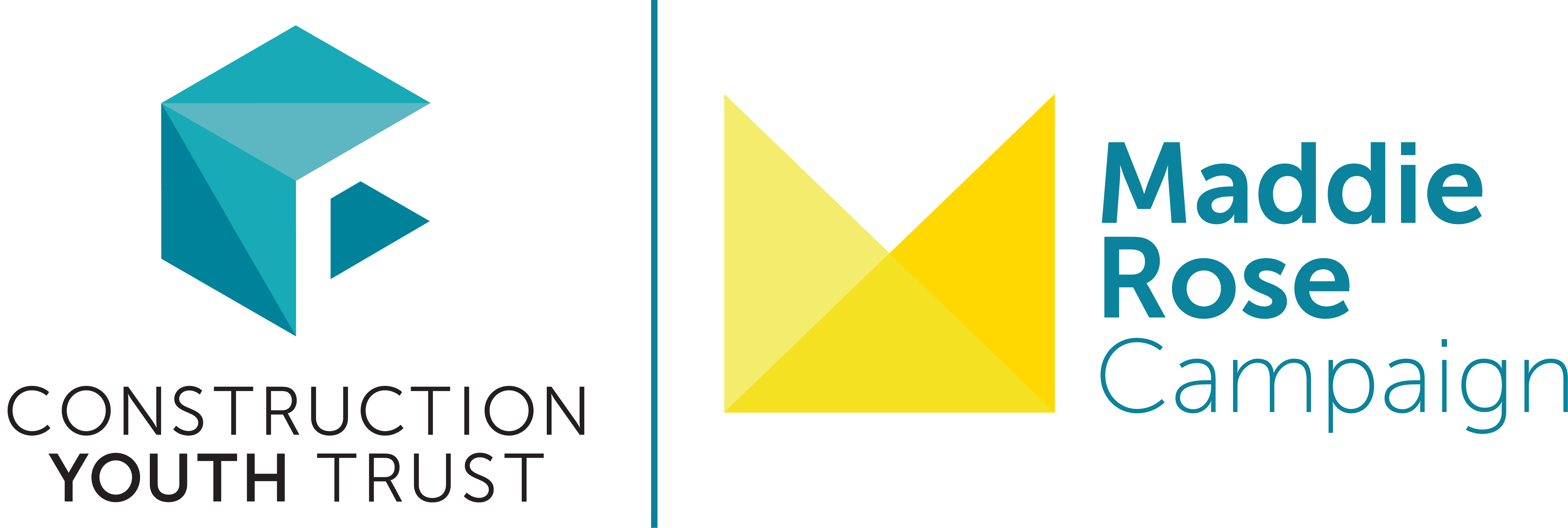The GDPR and DPA 2018 gives individuals the right of access to their personal information
held by Construction Youth Trust (the Trust). Subject access is a fundamental right for
individuals, but it is also an opportunity for the Trust to provide excellent customer service
by responding to Subject Access Requests (SARs) efficiently and transparently and by
maximizing the quality of the personal information you hold. This Policy explains how the
Trust will fulfil its obligations under the Act.
The Act works in two ways. Firstly, it states that anyone who processes personal
information must comply with the principles (Article 5(1) of the GDPR), which make sure
that personal information is:
